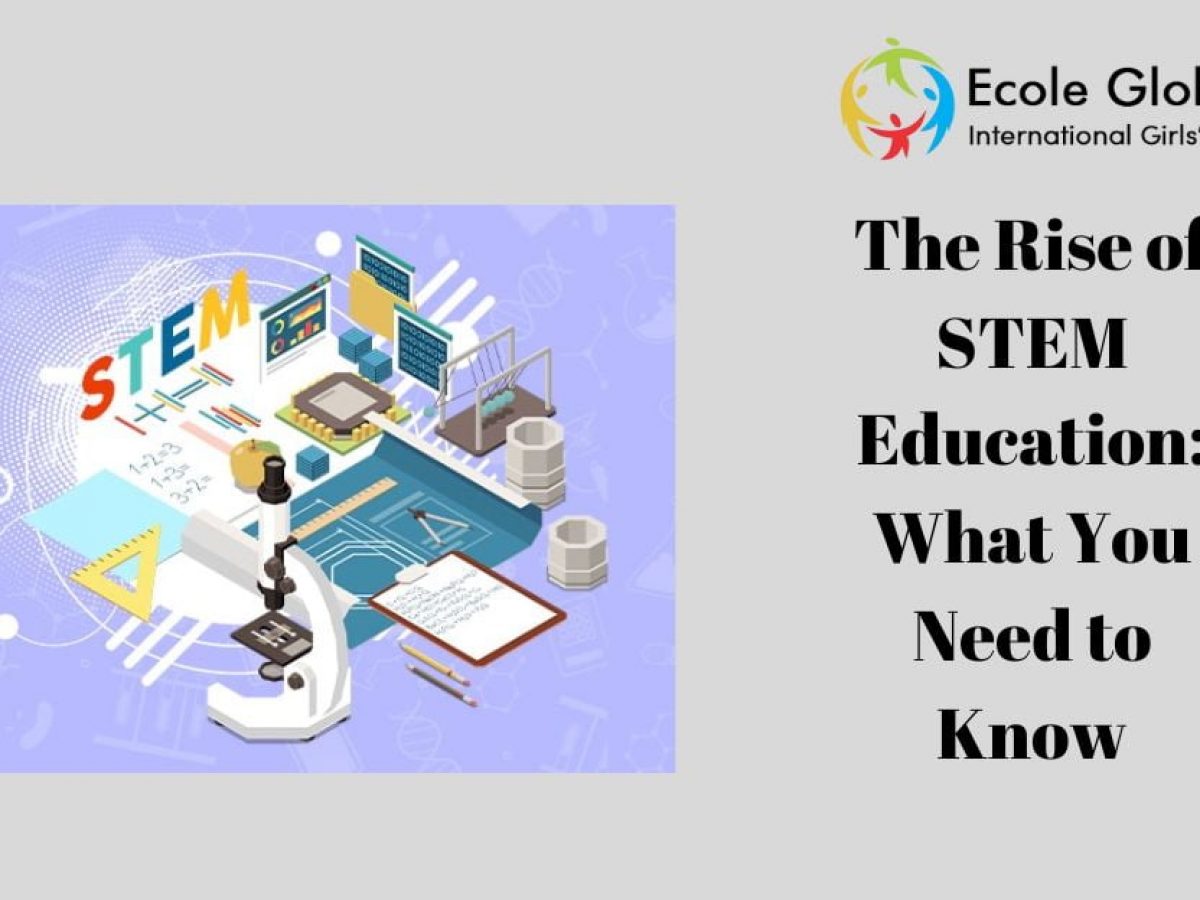 Given the local to federal resources invested for educational reform and the lackluster results such as continued poor high school graduation rates to less students entering the Science, Technology, Engineering and Mathematics (STEM) disciplines, a change of this paradigm appears necessary.
Given the local to federal resources invested for educational reform and the lackluster results such as continued poor high school graduation rates to less students entering the Science, Technology, Engineering and Mathematics (STEM) disciplines, a change of this paradigm appears necessary.
First, these two words probably need to be defined:
Reform
Paradigm
Both the Free and Merriam Webster online dictionaries define reform as “put into a better form or condition.” With the continued results in all past educational reform initiatives, this result has not been consistently achieved given the resources of time, energy, money and emotions invested.
The Oxford English Dictionary defines paradigm as “a pattern or model.” When looking at change, this words suggests we have an existing way or pattern of thinking. Individuals who wish to keep the same way of thinking probably are best reflected by this question: If it ain’t broke, why fix it? Those who are willing to shift their thinking model might be those looking to build a better mouse track.
Now the specific paradigm I am referring to is this one: Knowledge is Power. This model has been with us for many years and it did work well back then. However, today with knowledge changing at the speed of light, it truly is not the correct paradigm to support results driven sustainable change in public education K-12.
The better model is this one: Applied knowledge is power. And to be honest, this one is not all that new either as I first read it in a Zig Ziglar book published over 40 years ago.
When we shift how we think about things, the things we think about will change. Applied knowledge is all about self directed learning. Research suggests that young people who are currently in the K-12 educational institutions will experience anywhere from five to seven complete and total career changes due to the impact of technology in the knowledge explosion.
No longer is life long learning the supporting behavior behind Knowledge is power as relevant as it once was. Focus is required more today than ever before.
Additionally if this paradigm was working why are the results of current educational reform initiatives so poor? Most young people due to years of conditioning know they need to go to school, to arrive on time and to complete their homework on time. Yet, absenteeism, tardiness and incompleted work are still very much prevalent.
By shifting to applied knowledge, the focus is shifted to the individual and his or her specific attitudes and habits. This makes sense since most young people in grades kindergarten to third enjoy learning. However, around grades four and five a shift takes place. This may help to explain why so many students make a decision to quit high school in junior high or middle school.
The question to be asked is “Not do they know it?”, but rather “Do they want to do it?” Applied knowledge is the application of self-directed learning and reinforces the necessary attitudes and habits to be academically successful.
Next time when you hear “Knowledge is Power,” then you are experiencing Einstein’s definition of insanity, Doing the same thing over and over again hoping for different results.
Applied knowledge is truly the source of power today and in the future. When educational reform embraces this paradigm shift, amazing and sustainable results are possible for everyone including the students, parents, teachers, administrators and taxpayers.



